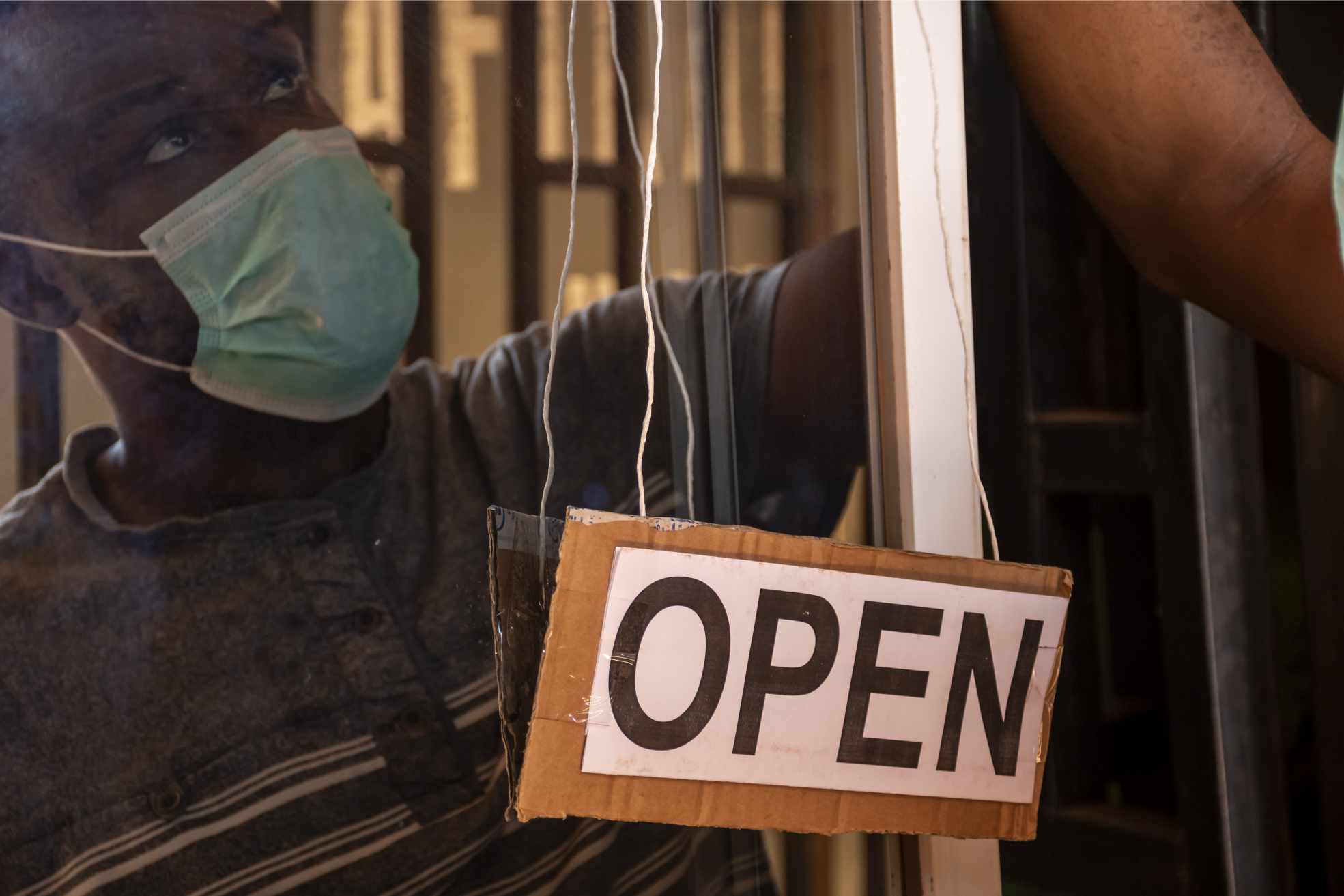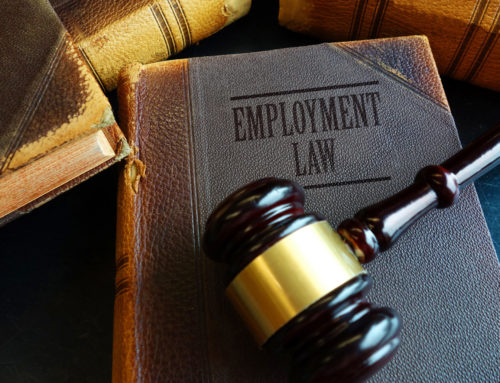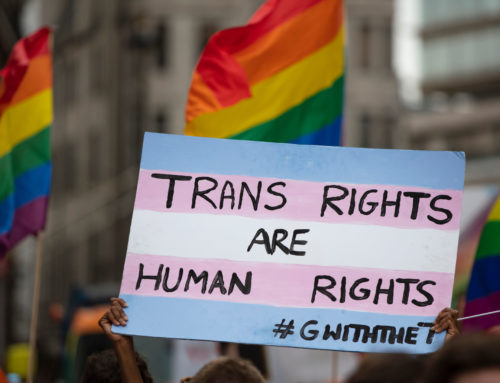Ample confusion has surrounded the COVID-19 Temporary Employee/Employer Relief Scheme (TERS) since its creation in March 2020. One specific point of confusion stems from the very essence of this relief scheme: are employers able to claim when their businesses have resumed operations at a reduced capacity?”
The relief scheme was originally introduced in a general notice, dated 23 March 2020 and has been subsequently amended in two further notices, dated 8 April 2020 and 15 May 2020, respectively. The original directive of 23 March 2020 introduces the UIF TERS Relief Scheme as follows: “During this period of lockdown, companies will have to shut down and employees laid off temporarily. This means that employees are compelled to take leave, which is not out of choice. We, therefore, anticipate that employees may lose income. Employers are encouraged to continue to pay employees, but where this is not economically possible; we have created a special benefit under the Unemployment Insurance Fund as per the Directive Covid-19 Temporary Employee/Employer Relief Scheme.”
From this paragraph, the intended purpose of this relief scheme is clear: it was created to assist employers in paying salaries to employees when it is economically impossible to pay salaries during shut down of business operations and when employees are laid off temporarily.
The term ‘temporary lay-off’ carries significant weight when assessing the above-mentioned question. ‘Temporary lay-off’ is defined in the Directive of 23 March 2020, as “temporary closure of business operations due to COVID-19 pandemic for the period of the National Disaster.” This definition was amended in the Directives of 8 April 2020 which state that a “‘temporary lay-off’ means a reduction in work following the temporary closure of business operations, whether total or partial, due to the COVID-19 pandemic for the period of the National Disaster.”
This second definition might be the source of the confusion and creates the impression that employers are able to claim when a business has resumed operations but at a reduced capacity. However, when reading the general notice as a whole, it becomes clear that this is not the case. The requirements are set out in section 3 of the general notice of 23 March 2020 and have been amended in the notices of 8 April and 15 May. The most significant requirements can be found in section 3.3 and 3.7. Neither has been amended in subsequent notices. These sections clearly state that the benefits will only pay for the cost of salary for the employees during the temporary closure of the business operations and a company will only qualify for the temporary financial relief scheme if the company’s closure is directly linked to the COVID-19 pandemic.
The answer is therefore simple: an employer may only apply for the benefit arising out of this temporary relief scheme for the period that business operations have been shut down. This relief scheme was not intended to assist employers in paying salaries to employees when business operations have been resumed, even if salaries have been reduced.
We are able to assist small, medium and large businesses in TERS claims.
To ascertain whether you are eligible to claim from the Temporary Relief Scheme during the COVID-19 pandemic and for assistance in doing so, please contact our offices.
Legal consultation fees:
Employers:
Starting from *R2850,00 excl. VAT
Employees:
Starting from *R1650,00 excl. VAT
*Terms and Conditions Apply
Cape Town Office:
Telephone: +27(0) 21 425-5570
E-mail: [email protected]
Johannesburg Office
Telephone: +27(0) 11 268 6697
Email:[email protected]
Contact form:






